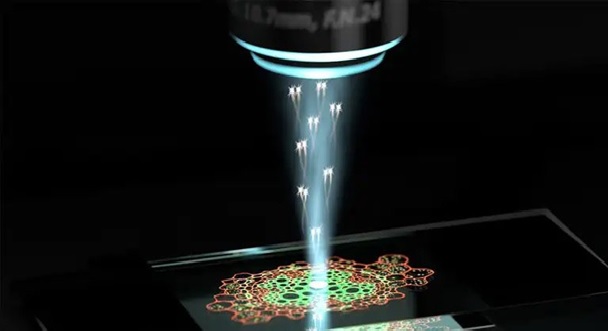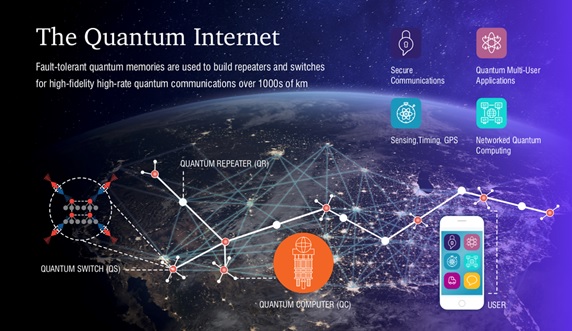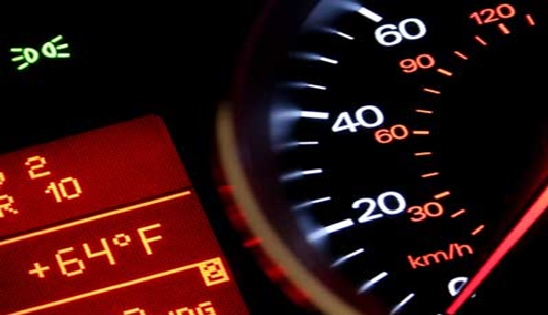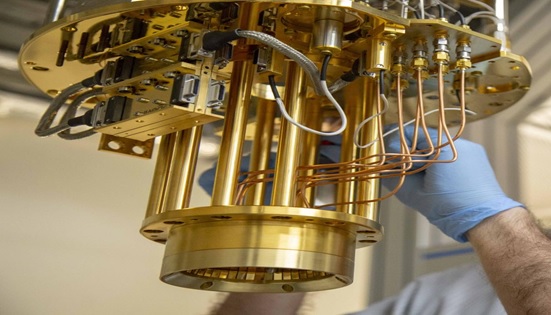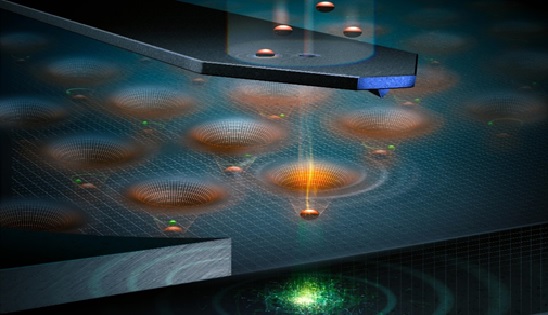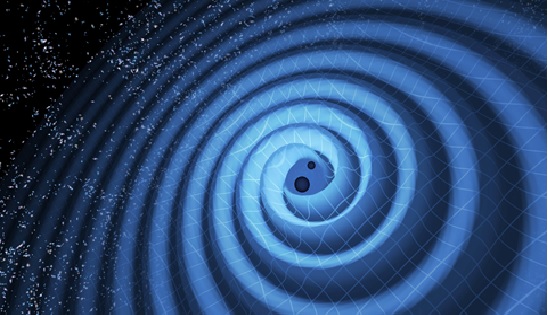Boosting Quantum Computing Performance Through Noise Mitigation
Quantum computing continues to advance at a rapid pace, but one challenge that holds the field back is mitigating the noise that plagues quantum machines. This leads to much higher error rates compared to classical computers.
This noise is often caused by imperfect control signals, interference from the environment, and unwanted interactions between qubits, which are the building blocks of a quantum computer. Performing computations on a quantum computer involves a “quantum circuit,” which is a series of operations called quantum gates. These quantum gates, which are mapped to the individual qubits, change the quantum states of certain qubits, which then perform the calculations to solve a problem. [1]
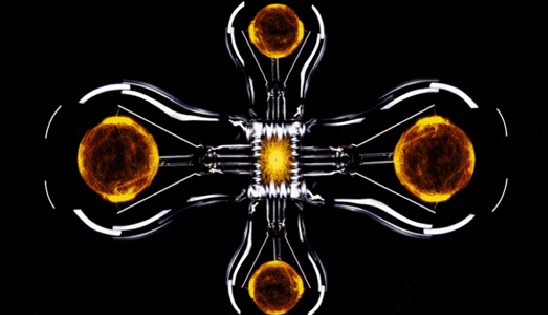
Figure 1. Boosting Quantum Computing Performance Through Noise Mitigation
Figure 1 shows researchers at MIT and elsewhere are working to overcome this problem by developing a technique that makes the quantum circuit itself resilient to noise. (Specifically, these are “parameterized” quantum circuits that contain adjustable quantum gates.) The team created a framework that can identify the most robust quantum circuit for a particular computing task and generate a mapping pattern that is tailored to the qubits of a targeted quantum device. [2]
Their framework, called QuantumNAS (noise adaptive search), is much less computationally intensive than other search methods and can identify quantum circuits that improve the accuracy of machine learning and quantum chemistry tasks. When the researchers used their technique to identify quantum circuits for real quantum devices, their circuits outperformed those generated using other methods. [3]
Building a “SuperCircuit”
To do that, they first design a “SuperCircuit,” which contains all the possible parameterized quantum gates in the design space. That SuperCircuit will be used to generate smaller quantum circuits that can be tested.
They train the SuperCircuit once, and then because all other candidate circuits in the design space are subsets of the SuperCircuit, they inherit corresponding parameters that have already been trained. This reduces the computational overhead of the process. [4]
References:
- https://reporterwings.com/news/tech/boosting-quantum-computing-performance-through-noise-mitigation/
- https://dominiouruguay.com/boosting-quantum-computing-performance-through-noise-mitigation/
- https://scitechdaily.com/boosting-quantum-computing-performance-through-noise-mitigation/
- https://scitechdaily.com/boosting-quantum-computing-performance-through-noise-mitigation/
Cite this article:
Thanusri swetha J (2022), Boosting Quantum Computing Performance Through Noise Mitigation, AnaTechMaz, pp.26



